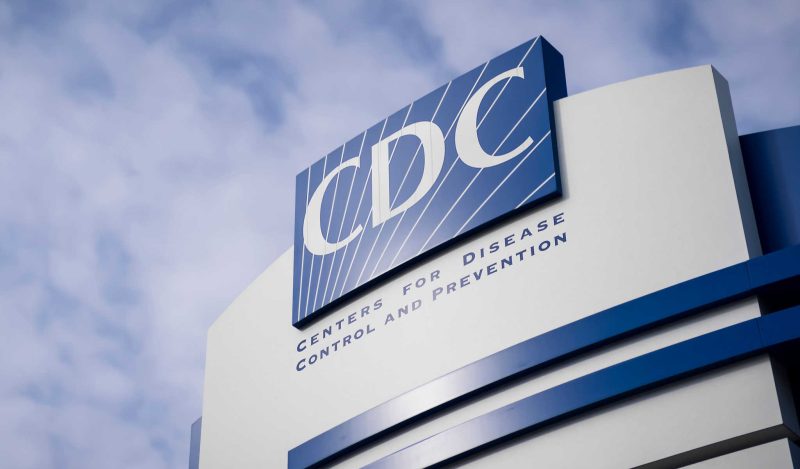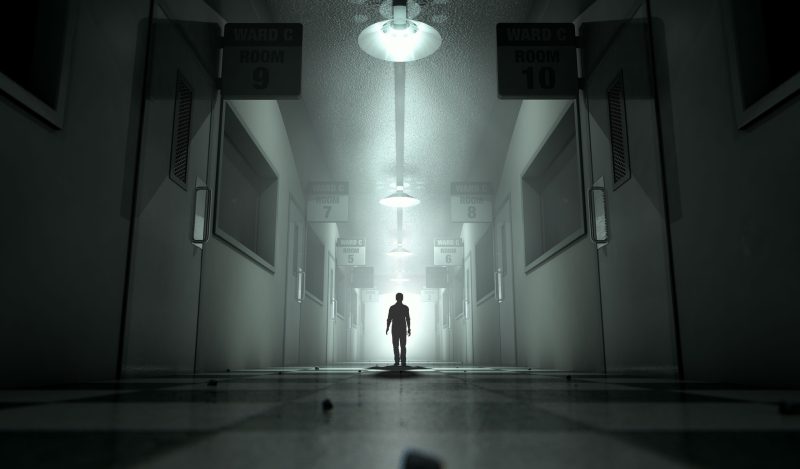Like most people at the beginning of 2020, I was minding my own business, doing my job, and planning for the future. Life was good.
I had rarely thought about what public health bureaucracies have, or should have, the power to do. I naively believed that agencies like the Centers for Disease Control and Prevention were supposed to investigate causes of disease and report their findings, leaving it to state and local governments to decide what actions to take. I assumed that CDC was a benign example of “good government.”
Then came reports of a virus that was supposedly ravaging a Chinese city that I had never heard of. Would it come here? What would we do if it did? Hadn’t China dealt with this kind of thing in the past?
I remembered the SARS and Avian flu scares. The vulnerable were urged to take precautions, and the rest of us got on with things. I couldn’t have imagined that a bunch of bureaucrats would completely upend our lives.
But they did.
As a nation, and across the developed world, we began living under a COVID tyranny that robbed so many of us of our livelihoods, educations, and time with family. Things that made life worth living as social animals were simply taken away by a wave of the pen. A reckoning and accounting for the lives destroyed will take many years.
At the behest of my friend George Wentz of the Davillier Law Group, I took my career in a new direction to fight this tyranny on behalf of the Health Freedom Defense Fund. My proudest achievement was bringing the case that ended the CDC’s travel mask mandate. Watching the viral videos of people celebrating as they were told they could remove their masks was the greatest emotional highlight of my career.
The mask case concerned the CDC’s powers under the federal Public Health Service Act of 1944. The Act grants CDC authority to make rules governing quarantine and health inspections at ports of entry. The CDC also has some statutory authority over interstate quarantine, the extent and constitutionality of which had never been tested.
The CDC’s travel mask mandate extended far beyond the scope of this statutory authority. It was also, not coincidentally, completely unprecedented. Never before in the history of our Republic had a federal public health agency enacted a rule with such sweeping power over the lives of countless millions of healthy individuals.
It was not the CDC’s first misstep during COVID. Some will remember its moratorium on rental evictions, as if a federal agency had the power to tell landlords that they would have to forgo getting paid for use of their property. The Supreme Court had no difficulty finding that the CDC had exceeded its authority. Another regulation in which the CDC effectively shut down the cruise industry was enjoined by a federal judge.
My study of these usurpations led me to a question: What would I have the CDC do? My answer is, first, it should stop treating us like we are stupid. Give us the data – all of the data, not just cherry-picked data – to allow us to make informed decisions about how to conduct our lives.
Second, and more fundamentally, I wondered what structural reforms might turn the CDC into the agency that I had imagined before COVID. Here, my mind kept turning to thoughts about an agency that stands out as an example of good government: the National Transportation Safety Board. The NTSB is respected nationwide, and around the globe, for its skill, transparency, and reliability in investigating significant travel accidents, determining their causes, and proposing recommendations for new safety practices and regulations. The NTSB’s work has made enormous contributions to improvements in transportation safety over the years, and its reports can be real page-turners.
A critical component to the NTSB’s success is that it has no regulatory authority. In 1967, Congress established it as an independent agency within the Department of Transportation. The idea was that “a single organization with a clearly defined mission could more effectively promote” transportation safety. However, Congress soon recognized that the only way to assure the NTSB’s independence was to move it outside of the DOT, so in 1974 Congress reestablished it as a separate agency.
Agencies charged with regulating transportation, such as the FAA, have to consider economic factors and the promotion of transportation in addition to safety. This cost/benefit responsibility can sometimes leave the FAA vulnerable to regulatory capture, as we saw with the 737-MAX catastrophe. The NTSB’s independence and its lack of regulatory authority, by contrast, give it the freedom to focus on fact-finding and to make recommendations, without being subjected to such pressures.
It would behoove Congress to consider a similar approach to restructuring the CDC. We need a federal public health agency that is just like the NTSB, one that is strictly charged with fact-finding and with making recommendations, but without any regulatory authority of its own. This would require moving the CDC out of HHS. The new CDC would have a limited role of investigating the causes and sources of infectious disease, and to make recommendations for how to address them, but without any regulatory authority that, as we have learned, could subject the agency to political pressure and regulatory capture.
Consider the fact that we still do not know for certain where COVID originated. Was it a lab leak, or the result of zoonosis? The NIH, which funded risky gain of function research in Wuhan, is also part of HHS. Had the CDC been taken out of HHS and given independent investigative powers, including the power to audit HHS’s research funding practices, there is a fair chance that we would know the answer to that. We would also likely have a series of dispassionate recommendations on what to do about preventing future occurrences.
If COVID proved anything, it is that we desperately need a federal agency like this. If Congress is serious about restoring trust in public health, it would do well to consider such a reform.
Published under a Creative Commons Attribution 4.0 International License
For reprints, please set the canonical link back to the original Brownstone Institute Article and Author.









